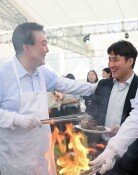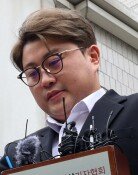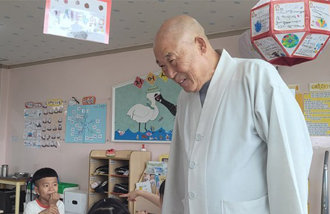[Opinion] Micro Credit Banking
There was nothing to do in winter that year. I had dark circles under my eyes, and had buzzing in my ears. And there were not many things left for a single mom, who passed her 30s and had been only painting for 10 years. I opened a kids clothing shop with my friends help, but I couldnt manage it any longer because of my lack of experience and money. At that time, I was able to reach Micro credit (small amount of loan without security). Like this essay in the Bank of Social Solidarity, there are 156 stores opened with the help of Micro credit nationwide.
Micro credit is the finance system to loan small amount of money for starting new enterprises to people without security who cannot afford to qualify for traditional bank loans. It was first introduced by Muhammad Yunus from Bangladesh, who is the president of Grameen Bank, and who was awarded a Nobel Peace Prize and Seoul Peace Prize this year. Can I offer any help with economics I studied? This elite economist was frustrated with his poor country, and in 1974, he gave $27 out of his pocket to 42 people who were extremely poor and said, Return it by working.
A miracle happened. People came to return their debts once they got money. Furthermore, they made deposits in the bank. Grameen Bank grew to have 2,185 branches and spread its Micro credit model to about 50 countries around the world. In recent days, banks, such as CitiBank, which noticed the possibility of financial business with small amount of money, and insurance companies, such as Allianz and AIG, are also jumping into this field.
There is nothing wrong if Yunus is awarded a Nobel Prize for Economics. Yunus studied economics in the United States, and he fundamentally believes in the market theory. Therefore, the way he chose to help the poor was rather credit loan with small amount of money than the way of socialism or unconditional donation. He realizes a good heart cannot solve the poverty and emphasizes, Donation produces dependant beggars. This is the essence of Dr. Yunus teaching for the Korean government, whose GDP is $10,000, but still cannot make economic growth because of its unconditional welfare policy.
Chung Sung-hee, Editorial Writer, shchung@donga.com







